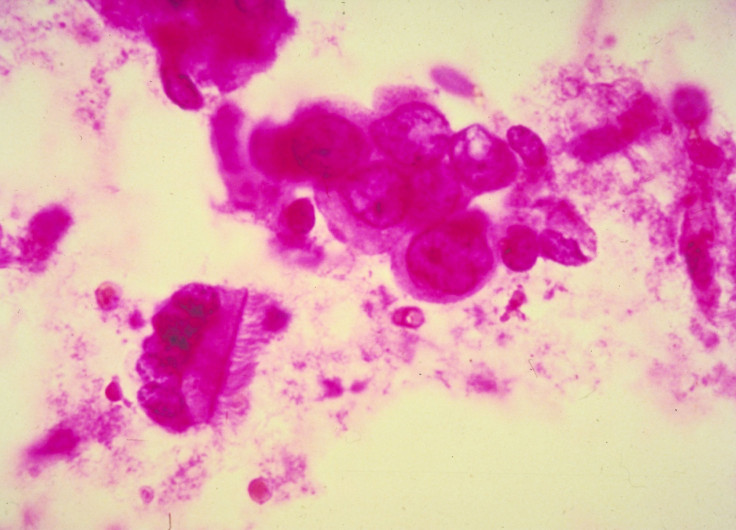Breast Cancer: Gene Tests May Allow Some Women In Early Stages Of Cancer To Skip Chemotherapy

It may now be possible for some women suffering from the early stages of breast cancer to skip chemotherapy by assessing the gene activity in tumors , a new study has shown.
Published Wednesday in The New England Journal of Medicine, the study found that almost half of women with early-stage breast cancer who would receive chemo under regular circumstances can avoid the treatment by taking the “genomic test.” The test measures the activity of genes that control the growth of cancer. The research also showed little risk of the cancer coming back over the next five years.
Catching the cancer early is important for the treatment to be effective, because of which “when in doubt we tend to treat” women with early-stage breast cancer, the study’s lead author Dr. Fatima Cardoso , a breast cancer specialist at the Champalimaud Clinical Center in Lisbon, Portugal, told NPR.
This leads to women undergoing chemotherapy even if the treatment would not really improve their odds of survival. Cardoso added: “So we know that we overtreat the patients with early breast cancer.”
The massive research involved 6,693 women with early-stage breast cancer at 112 hospitals across nine European countries. While Oncotype DX is the commonly used test in the United States, the study used the genetic test MammaPrint. The tests that cost several thousand dollars are covered by some insurances but the company that markets MammaPrint — Agendia — did the testing free of cost.
The genomic test studies 70 distinct features of a tumor of which 20 are active in low-risk tumors and 50 genes are on in high risk cases, Laura J. van ’t Veer, a developer of the test, explained, the New York Times reported.
For the research, women who seemed to be at low risk of recurrence based on the genetic test results despite a high clinical risk of the cancer returning after surgery were chosen. The scientists found that about 46 percent of women could actually skip chemotherapy without their long-term survival being affected.
For those who did not receive chemotherapy, 94.4 percent had no distant spread, even after five years. However, those who received the treatment did marginally better with 95.9 percent having no distant spread. Showing the need for further research, Cardoso said: “We have to continue to follow these patients and see what happens at 10 years.”
While the research brought out some significant results in the terms of overtreatment, it comes with its share of caution. In an editorial accompanying the article, scientists maintained that 1.5-percentage-point difference may not hold up as the study was not large enough.
“It’s possible that the benefit is zero, and it’s possible that’s 2 percent or maybe even a little more, you can’t be sure,” said Dr. Clifford Hudis , chief executive officer of the American Society of Clinical Oncology, who co-wrote the editorial.
© Copyright IBTimes 2024. All rights reserved.






















